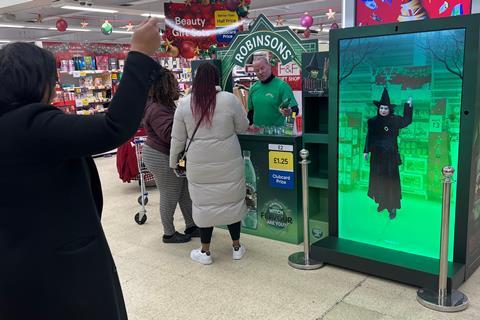
Robinsons has found a high-tech way to push its new Wicked Squash in Tesco stores, with an augmented reality “magic mirror”.
The activation – developed by AR company Aircards – allowed shoppers to visualise themselves as either ‘bad’ witch Elphaba or ‘good’ Glinda, the two main characters in Universal Pictures Wicked, and the inspiration behind two limited-edition double concentrate squash lines launched by Robinsons in October ahead of the film’s release.
Shoppers were given free samples of each variant – Amazafying Citrus Twist and Outstandiful Berry – and could choose which character to become based on the flavour they preferred.
They were then “transformed” into the witch in real time, via a large digital screen on the shop floor. Participants also were given free themed straws and were entered into a prize draw.
Field marketing firm Savvy, Snap Inc and Verizon Business also collaborated on the promotion, which ran across Tesco stores nationwide last week.
“This activation is a testament to how augmented reality can enhance in-store experiences, blending technology, theatre, and taste in a way that delights and captivates audiences,” an Aircards spokesman said.
“By seamlessly combining creative marketing with immersive technology, the campaign has set a new benchmark for shopper engagement in retail environments. The ‘Witch Flavour Are You?’ activation demonstrates how AR can create moments of wonder while driving brand engagement and retail success,” he added.
Augmented Reality is becoming an increasingly common tool for grocers and fmcg brands to connect with digitally native younger shoppers, or to provide more information about their supply chains.
Tesco, for example, previously trialled new digital passports that allowed shoppers to pull up information about the fabric and production methods used in its F&F clothing line.
Others have been tapping into social media trends to inspire instore activations. Take Unilever, for example, which launched interactive digital screens into Asda in January to promote some of its household brands. Shoppers could select a product and then were shown TikTok videos of so-called #cleantok influencers using the product.







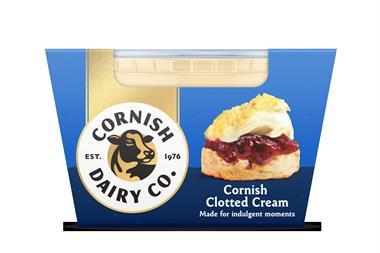
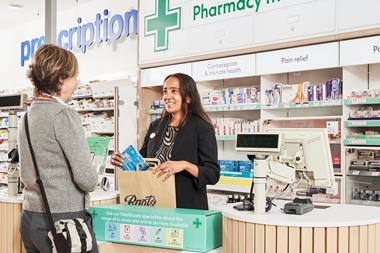
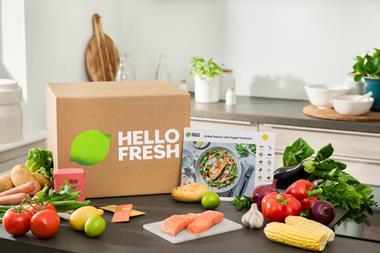
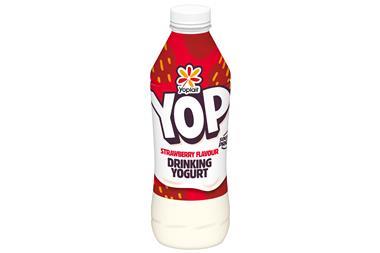
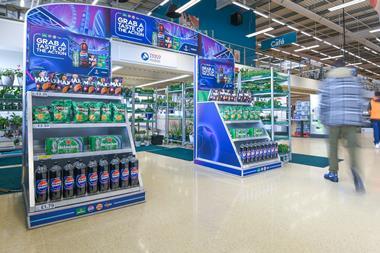

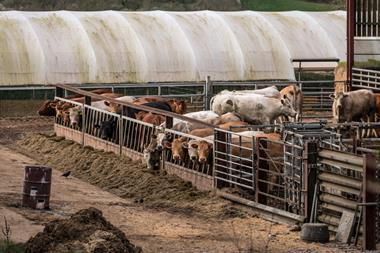
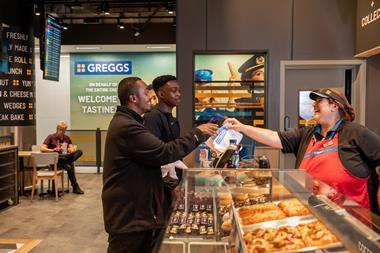

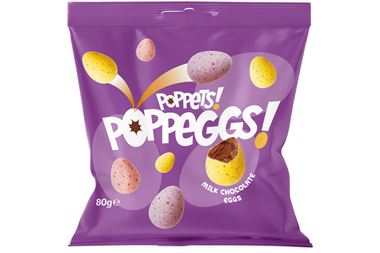
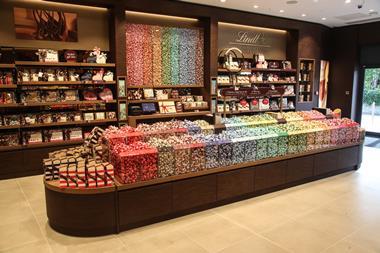

No comments yet